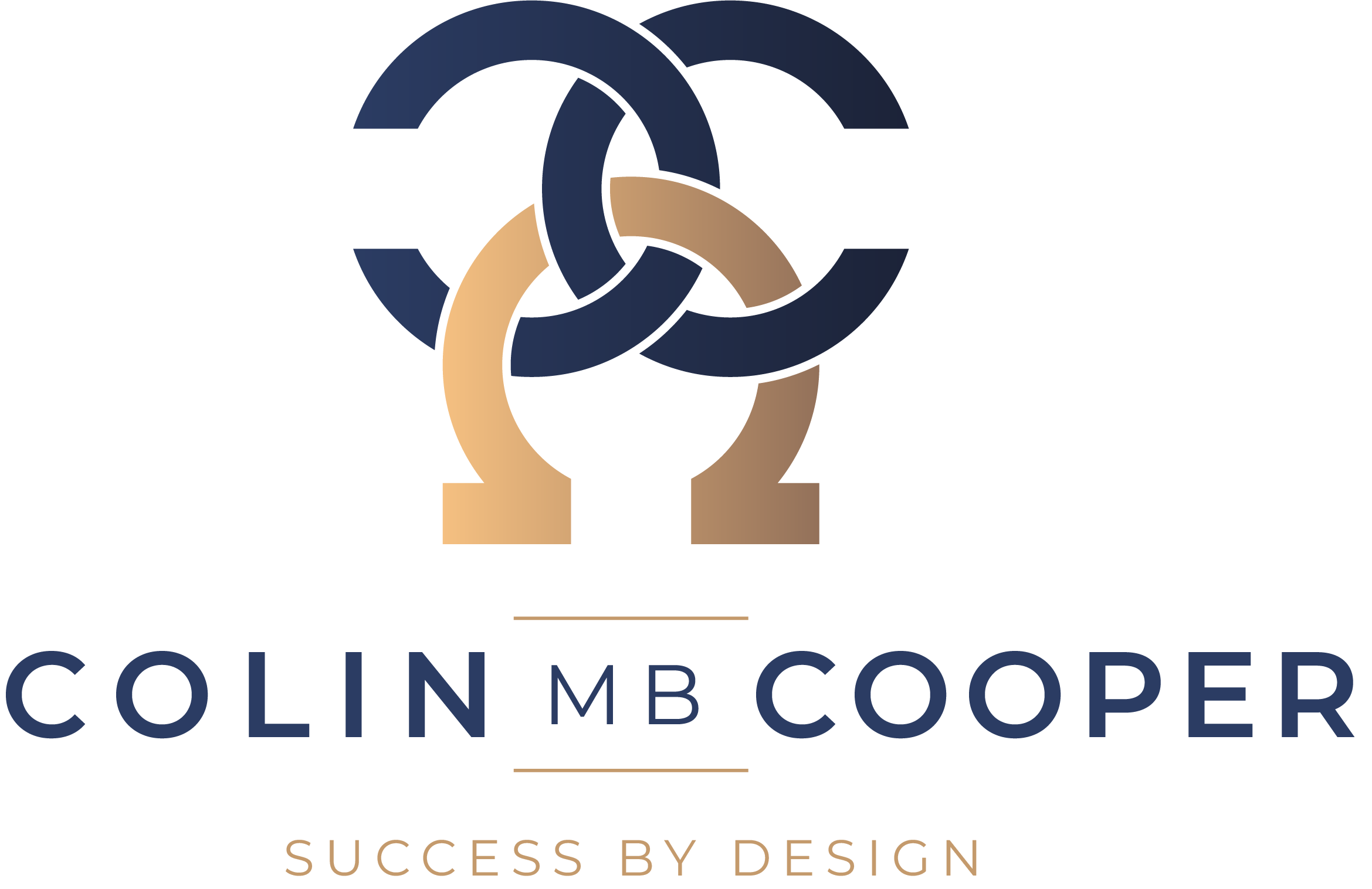There’s something we’ve been discussing a lot lately. As a digital specialist and marketer, I cannot ignore this topic when I conduct meetings. It’s important to note that I’m not an engineer or a mathematician, I’m just someone who is drawn to technology and who has built my history around it.
What is it? Well, let’s talk about it. Artificial Intelligence – or AI if you prefer to put it in simple words – and how it’s affecting our lives.
The question is: are we ready for such innovation?
Technology that works
When a new tech revolution occurs, the first people to become rich and successful are those who invented it. At the same time, in following waves of innovation, even more success is seen by those who know how to better use these new technologies for human benefits.
Think about combustion engines > electricity > electric bulbs > telephones > personal computers > telecommunications… In the long run, it’s not purely the techie guys making all the difference and the money, but commercial people who understand what the everyday customer needs and the business potential in providing it to them.
But now we need more than just technology – we need things faster than before and of high quality. Maybe something capable of understanding how we humans work, how we think and something that can deliver the “impossible”… Oh wait! This is no longer “impossible” it’s here and it can be tailored for each personality. Welcome to the Artificial Intelligence Era!
What’s Artificial Intelligence?
So artificial intelligence is something new? Sorry for disappointing you, but no. The dawn of computing actually gave rise to a new technology that’s been around for about as long as that – and in fact, Artificial Intelligence was born in 1956!
The objective of AI: to make machines perceive and adapt to environments with actions that maximize success. How? By replicating human cognition through learning, reasoning, achieving knowledge; planning and understanding natural language (spoken or written); perceiving our environment through data input via images from cameras/microphones, etc.; controlling objects by programming them accordingly. Impressive, right?
And how does an AI learn? The process relies on mathematical optimisation and statistics. It is dependent on Big Data, clustering, and creating algorithms that recognise patterns in mountains of data. With the use of regression curves, it can create complex models which lead to predictions and its power lies within constant optimizations between algorithms based on the fulfillment level from these predictions.
It’s something that learns and it becomes better on the job. But, that said it’s got weaknesses
and if training data is missing or not of high quality the machine will fail.
Some of us are still living with the idea that AI is something complex, expansive and almost unreachable. If this is your thinking, I must tell you AI machines and tools completely surrounded us nowadays – consider these examples:
- Siri, Bixby, Alexa, Cortana
- These products are revolutionary. They can help us search the web, shop for things on e-commerce sites, and even set our alarms. They use machine-learning technology to get smarter and better able to predict and understand our natural-language questions and requests.
- Tesla
The car is so well-known for its predictive capabilities that you’ll be shown something’s going wrong before there’s even been a problem. The best thing about Teslas though? They’re always being updated by their over-the-air updates where they receive new software patches and upgrades. Just how smart can these vehicles be? They are already pretty darn intelligent as it is without any help at all – making them more capable than any car ever before while still keeping up appearances with their classic sleek look.
- Netflix
Netflix has an artificial intelligence system that predicts what movies you might enjoy based on your reactions to past films. The more information it gathers about your preferences, the smarter and better able it is to predict which film will next be perfect for you.
- Cogito
When Joshua Feast and Dr. Sandy Pentland founded Cogito, they knew customer service was in need of major improvement. They fused the power of machine learning with behavioural science to create an innovative company that develops powerful software for phone professionals who are on the front lines every day talking to customers to ensure their interactions improve based on emotional intelligence learning.
The Cogito platform combines machine learning with human psychology by measuring voice patterns during conversations for things like anger or frustration levels as well as speech lengths and volume changes over time.
These are just a few examples – the list is immense!
But now let’s get back to the main idea:
Is Artificial Intelligence good for humanity?
Thinking about how this is a really interesting time we’re in, I’ve a genuine concern that it’s now getting really hard to tell the difference between an AI video, audio, and text generated content. And this is already proven to be immensely troublesome.
Using machine learning, which is involved in natural language processing, a subset of AI that’s already making waves, can enable someone to manipulate an audio clip. If the clip’s quality is high enough to fool the general public and avoid detection, it could “completely derail a politician” or any other person by, for example, spouting racist views when they uttered nothing of the sort. This concept is called Deep Fake and I’m sure you’ve already heard about it.
Anyway, as someone who loves technology, I think AI can do a lot of good, but on the flipside, it must be used carefully. We can’t just be blind to the increasing number of malware, fake news and deep fake content out there.
And while talking about fake news, in the age of social media, it’s easy to underestimate how much our everyday interactions are being influenced by technology. Different kinds of bots have been influencing public opinion for decades with new advancements in computer science powering a more sophisticated artificial intelligence that can learn from its surroundings and engage people on a deep level.
I’m not sure if you ever heard about a website (that went viral months ago) called “This Person Does Not Exist” – basically, each time the page is refreshed, an algorithm known as a generative adversarial network (GAN) renders hyper-realistic portraits of COMPLETELY FAKE PEOPLE!
The process is the same as deep fakes, which creates computer-generated images superimposed on existing pictures or videos. Deepfake technology has been used to push fake news narratives and other hoaxes, and Phillip Wang’s (the software engineer responsible for creating the artificial-intelligence powered website) intention was to make people more aware of AI’s potential for damage.
But even with all these ups and downs, we can’t assume that AI is a devil. After all, technology has been capable of helping us with tasks since humanity began.
There’s a way to prevent (or at least temper) the danger of AI – and what we need in order to do this is some sort of regulation. This will mean a decision and agreement around where we want AI and where we don’t; where it’s acceptable and where it’s not.
Any country that lags in AI development is at a distinct disadvantage – socially, economically and military wise. The point is, humans, until now, have never faced the strong possibility that machines may become smarter than us or be imbued with consciousness. However, this technological pinnacle is an important place where we need to recognise what’s happening for both the elevation of humanity and for defining how AI can evolve it.
There are tasks that should never fall on robots – such as caregiving and mental health services because they involve human emotions like love, empathy, compassion, etc. AI tasks should complement human intelligence without replacing it.
Every day there’s amazing news regarding Artificial Intelligence and its use: there’s a Harvard study saying an artificial intelligence program detects criminals more effectively than a panel of judges; research explaining that artificial intelligence was now on par with human experts when it came to making medical diagnoses or according to Gartner and Intel, autonomous vehicles will save more than 580,000 lives by preventing road deaths between 2035 and 2045. There’s an incredible AI project currently being used in agriculture internationally to help with crops and reduce carbon footprints – and so many more great uses of the technology!
AI still depends on us – currently how we use it and where we use it is still up to us – and of course technology is definitely part of our lives that we can’t avoid. While it can have some negative effects, it also has many positive benefits and plays an important role in education, health, and general welfare.
Knowing the possible negatives will help us take steps to clearly identify them so that we’re still able to harness the benefits that using technology brings!
In the end, we humans are still in control, we just need to make good choices!
Let me know your thoughts about all this – in your opinion is AI an angel or a devil? And what should we do to increase awareness about its use?



